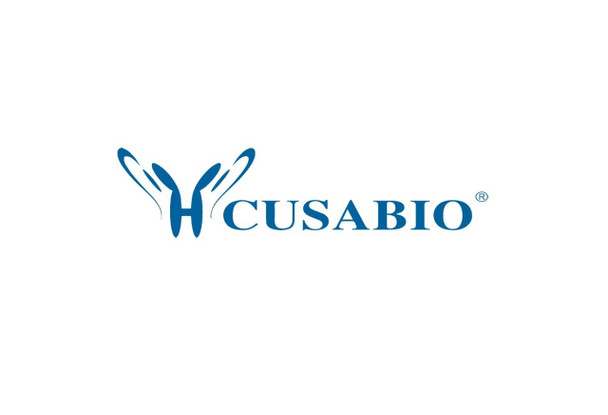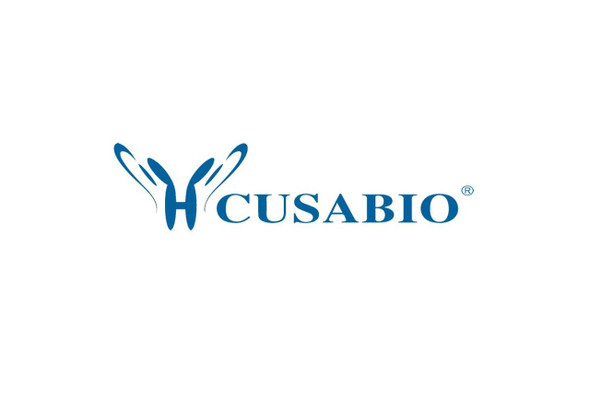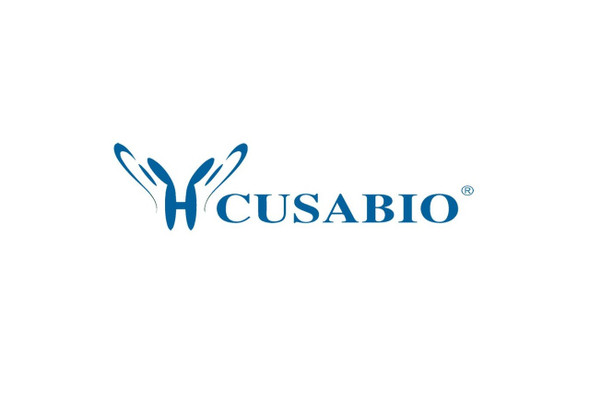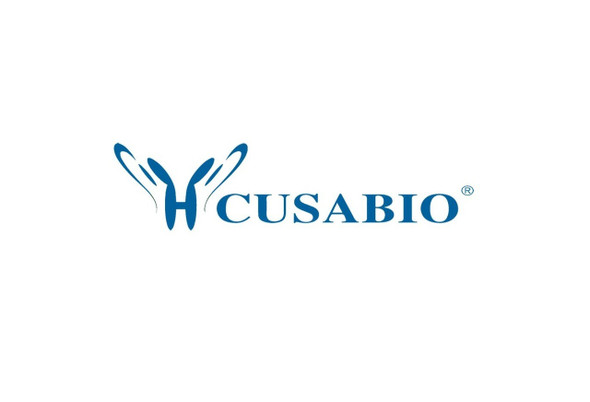Cusabio Human Recombinants
Recombinant Human Endophilin-B1 (SH3GLB1) | CSB-EP878084HU
- SKU:
- CSB-EP878084HU
- Availability:
- 13 - 23 Working Days
Description
Recombinant Human Endophilin-B1 (SH3GLB1) | CSB-EP878084HU | Cusabio
Alternative Name(s): Bax-interacting factor 1
Gene Names: SH3GLB1
Research Areas: Cell Biology
Organism: Homo sapiens (Human)
AA Sequence: MNIMDFNVKKLAADAGTFLSRAVQFTEEKLGQAEKTELDAHLENLLSKAECTKIWTEKIMKQTEVLLQPNPNARIEEFVYEKLDRKAPSRINNPELLGQYMIDAGTEFGPGTAYGNALIKCGETQKRIGTADRELIQTSALNFLTPLRNFIEGDYKTIAKERKLLQNKRLDLDAAKTRLKKAKAAETRNSSEQELRITQSEFDRQAEITRLLLEGISSTHAHHLRCLNDFVEAQMTYYAQCYQYMLDLQKQLGSFPSNYLSNNNQTSVTPVPSVLPNAIGSSAMASTSGLVITSPSNLSDLKECSGSRKARVLYDYDAANSTELSLLADEVITVFSVVGMDSDWLMGERGNQKGKVPITYLELLN
Source: E.coli
Tag Info: N-terminal GST-tagged
Expression Region: 1-365aa
Sequence Info: Full Length
MW: 67.8 kDa
Purity: Greater than 90% as determined by SDS-PAGE.
Relevance: May be required for normal outer mitochondrial membrane dynamics. Required for coatomer-mediated retrograde transport in certain cells. May recruit other proteins to membranes with high curvature. May promote membrane fusion . Involved in activation of caspase-dependent apoptosis by promoting BAX/BAK1 activation. Isoform 1 acts proapoptotic in fibroblasts . Involved in caspase-independent apoptosis during nutrition starvation and involved in the regulation of autophagy. Activates lipid kinase activity of PIK3C3 during autophagy probably by associating with the PI3K complex II (PI3KC3-C2) ). Associated with PI3KC3-C2 during autophagy may regulate the trafficking of ATG9A from the Golgi complex to the peripheral cytoplasm for the formation of autophagosomes by inducing Golgi membrane tubulation and fragmentation . Involved in regulation of degradative endocytic trafficking and cytokinesis, probably in the context of PI3KC3-C2 . Isoform 2 acts antiapoptotic in neuronal cells; involved in maintenance of mitochondrial morphology and promotes neuronal viability
Reference: "SH3GLB, a new endophilin-related protein family featuring an SH3 domain." Pierrat B., Simonen M., Cueto M., Mestan J., Ferrigno P., Heim J. Genomics 71:222-234(2001)
Storage: The shelf life is related to many factors, storage state, buffer ingredients, storage temperature and the stability of the protein itself. Generally, the shelf life of liquid form is 6 months at -20?/-80?. The shelf life of lyophilized form is 12 months at -20?/-80?.
Notes: Repeated freezing and thawing is not recommended. Store working aliquots at 4? for up to one week.
Function: May be required for normal outer mitochondrial membrane dynamics
Involvement in disease:
Subcellular Location: Cytoplasm, Golgi apparatus membrane, Peripheral membrane protein, Mitochondrion outer membrane, Peripheral membrane protein, Cytoplasmic vesicle, autophagosome membrane, Midbody
Protein Families: Endophilin family
Tissue Specificity: Highly expressed in heart, skeletal muscle, kidney and placenta. Detected at lower levels in brain, colon, thymus, spleen, liver, small intestine, lung and peripheral blood leukocytes.
Paythway: Autophagy-animal
Form: Liquid or Lyophilized powder
Buffer: If the delivery form is liquid, the default storage buffer is Tris/PBS-based buffer, 5%-50% glycerol. If the delivery form is lyophilized powder, the buffer before lyophilization is Tris/PBS-based buffer, 6% Trehalose, pH 8.0.
Reconstitution: We recommend that this vial be briefly centrifuged prior to opening to bring the contents to the bottom. Please reconstitute protein in deionized sterile water to a concentration of 0.1-1.0 mg/mL.We recommend to add 5-50% of glycerol (final concentration) and aliquot for long-term storage at -20?/-80?. Our default final concentration of glycerol is 50%. Customers could use it as reference.
Uniprot ID: Q9Y371
HGNC Database Link: HGNC
UniGene Database Link: UniGene
KEGG Database Link: KEGG
STRING Database Link: N/A
OMIM Database Link: OMIM









